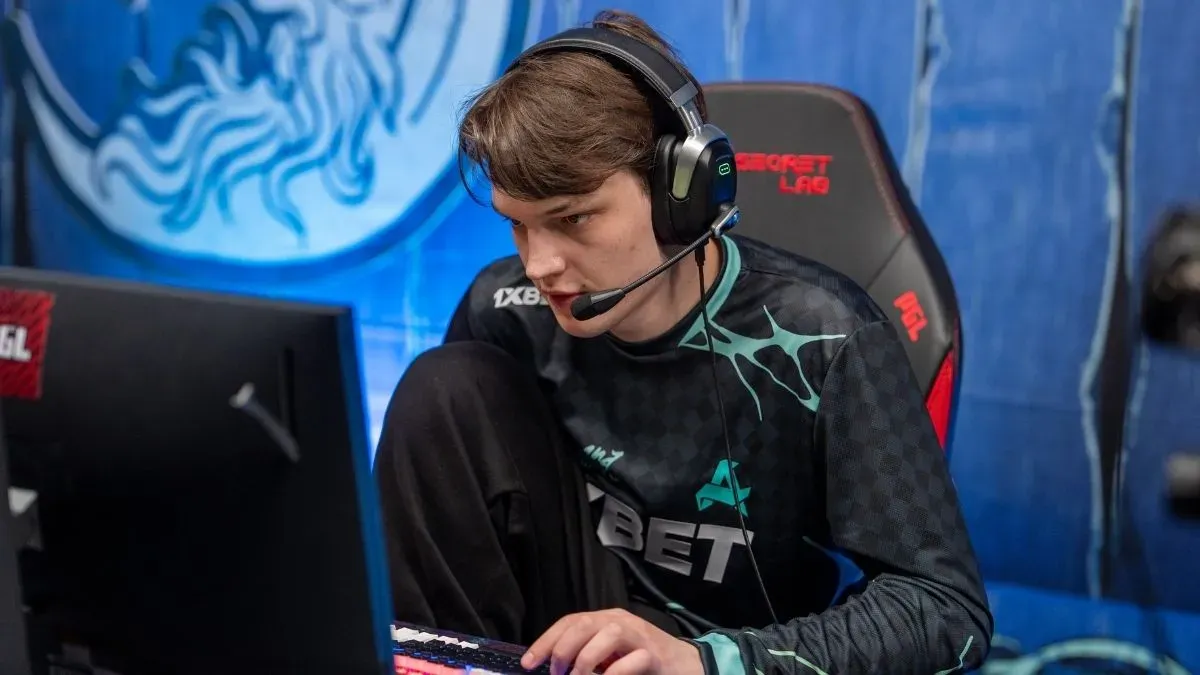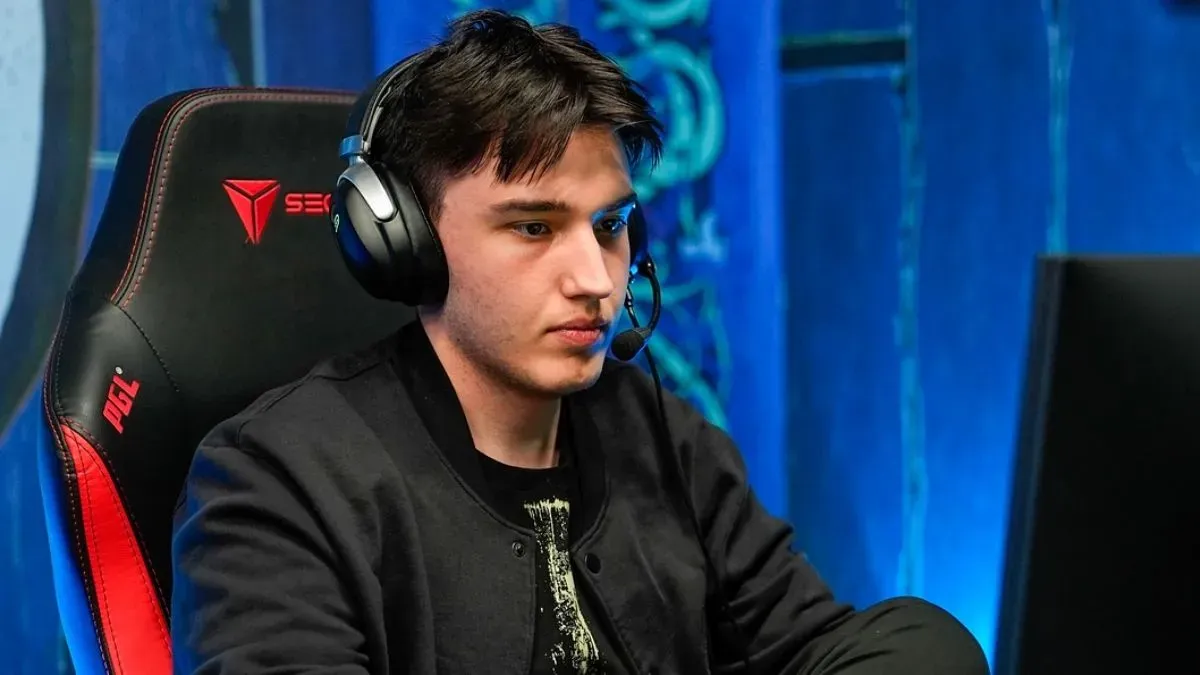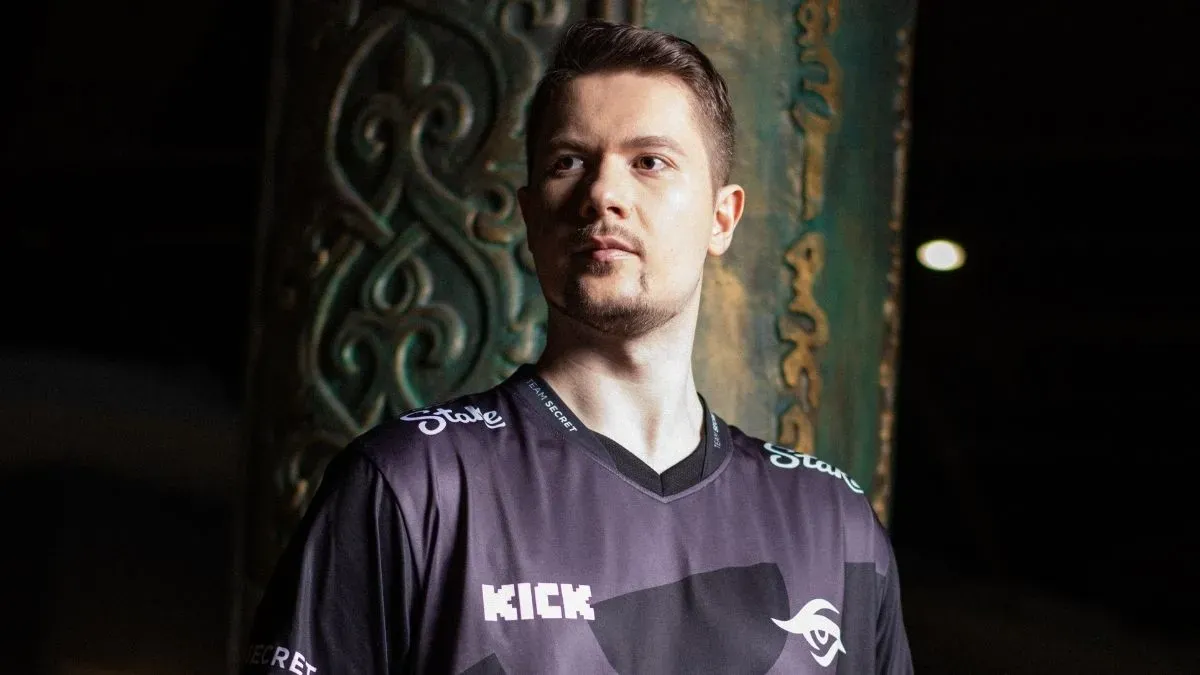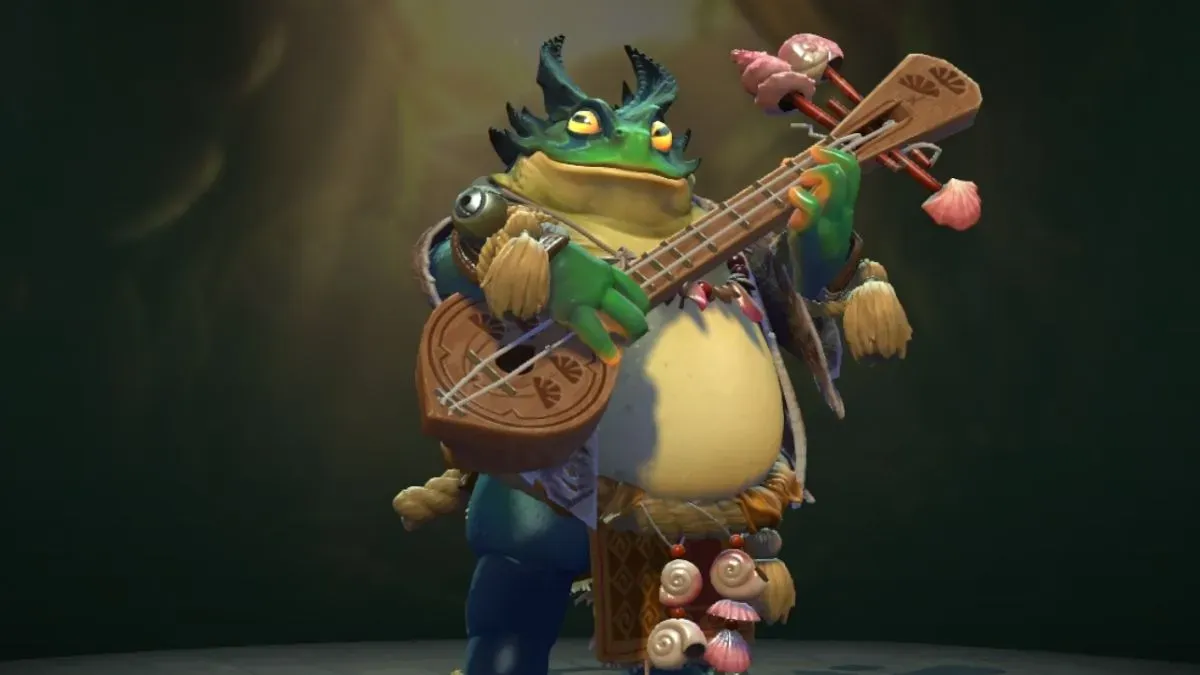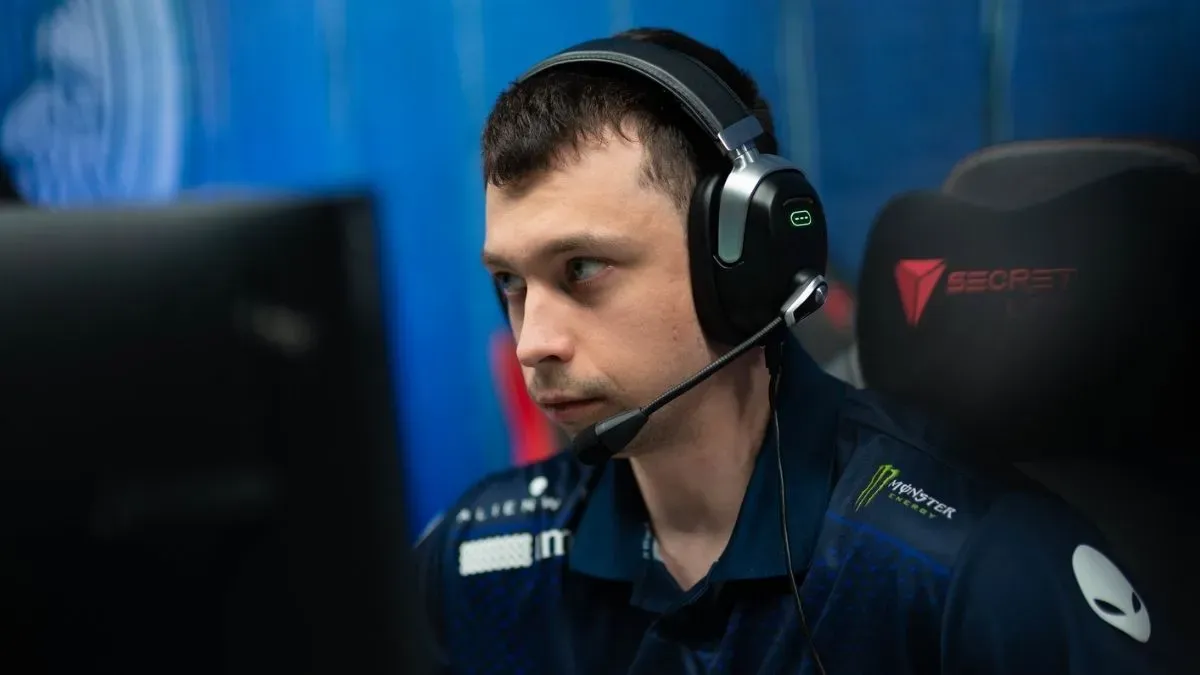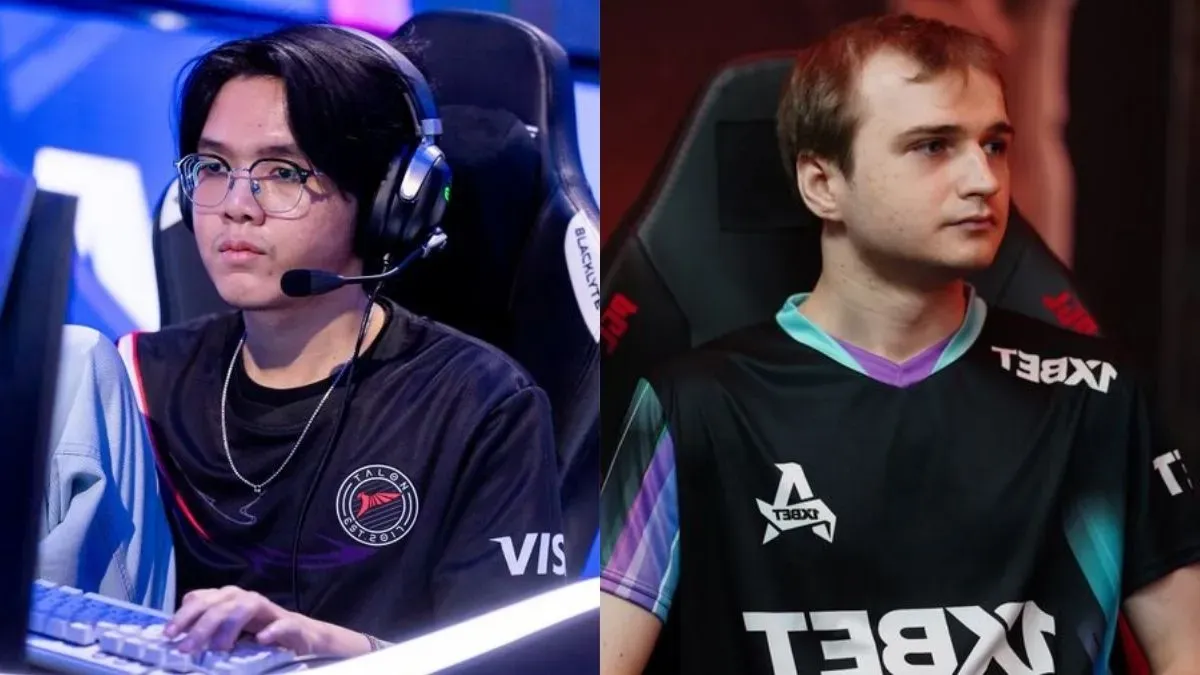| Dota has a gigantic learning curve. While some players might find it hard to get into the game and have unpleasant experiences in the process, a quick search will give new players plenty of well-written guides to help him in his attempt to get inside the game. One of these guides is very honest to the reader: "You suck" at Dota, you're gonna need to learn a lot of things, but you'll have a lot of fun in the process. Once you get inside the game, the real fun begins. Now the novice is able to distinguish each hero and understand the basics of things like ganking, pushing, and positioning. You can even give a try at analyzing games: in fact, once you're inside the game, nothing keeps you from discussing strategy and arguing if a particular play is correct or incorrect. In this stage, Dota reveals it's complexity as a game: there are more than one hundred heroes, and each one can be played in different ways, with different skill builds, item builds, different strategies and tactics. The almost infinite possibilities makes every Dota game a singular, unique experience. Your success or failure in the previous game means nothing to the next one. And this ocean of possibilities can make even the experienced player feels like a novice sometimes: "Should I push or not?", "Should I gank or not?", "Is this play correct or not?" are just examples of questions that can give the players a hard time. Add the magical "Why?" in the end of it, and voila, you're a novice once again. That's Dota's reality: there's always something to learn. This poses us a question: how does one gets better in Dota? In one hand, the answer is obvious: you should play a lot and put big effort at analyzing your games. On the other hand, such an answer is simplistic, because it assumes that mastery is obtained in a vacuum, that players have no better things in life to do other than get better, and that pure will-power is enough to improve. The question gets trickier if we take Dota's competitive scene into consideration, where there's big money on the line. Sebastian 'Matrim' Sundström is one of the pro players constantly trying to improve and maintain his skill. Playing with the Wild Honey Badgers, he and his team won Dreamhack Winter 2011 and are now playing under the mTw organization. Before Dota 2, Matrim was the captain of DIPS, which were able to pull some upsets against teams like DTS and MYM. I spoke with him about this. 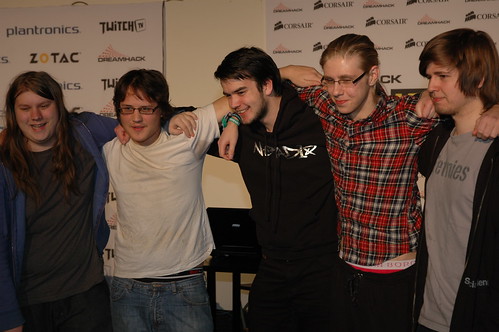 From left to right: Matrim, Grunt, Synderen, Kuronity, pepp3 From the start, the obvious truth appears: "I think you need to play a lot of games to improve and maintain your level. Like, we just got back from Christmas/New Year's break and we definitely noticed that we dropped a bit in skill level because we haven't played a lot and it took like maybe 10+ games to find our previous level again". Hours and hours are devoted to the game: in Matrim's case, from five to six hours per day on weekdays to more than ten hours per day on weekends, where he and his team are constantly scrimming and talking about what went right and what went wrong. "Synderen is a good analyser and gives pretty good advice on different things", he says, emphasizing how much the team benefits from Synderen. Having a stable team which is able to be constantly playing is very important, and it was a real problem in the past: "This was actually a huge problem for us in Dota 1, when we played in DIPS. Like, we never played on a regular basis. We maybe played like 5-6 scrims a week and the rest was just Dota Pride/EEDL/pubs and still we could pull upsets in games versus the really good teams. We were so up and down due to not playing, but now we are really motivated and everyone is on the same level of what we want out of this". Stability is a key element for anyone who wants to achieve a good skill level. Anyone who wishes to advance in Dota must firstly find a stable team. However, because of the current stage of Dota 2 beta, the training is not as good as it could be. It is very important for any player to watch replays, both of their own games and their opponents', in order to fix mistakes and prepare for the games, but replay functionality is very limited currently. "We would probably spend more time watching replays if that was available. From what I know, the replay system only works for public games and not private, so we can't watch our own games versus other teams, which is pretty sad, because watching replays of yourself playing is a great way to improve and notice mistakes. It also shows how the other team plays way more then watching a VoD". For now, we can only wait and wish for Valve to make replays avaliable as soon as possible. Being responsible for the support role on mTw, the thing Matrim looks at most while training is positioning. "As a support player you have to position yourself really well because most of the time you are going to be really squishy, so it's really important to know where everyone is and where to be in the fight." In this case, good positioning means that the support will have a major impact on clashes even if he fall, instead perishing before making an impact. And here, the psychological aspect of the game appears. The whole mTw squad talks a lot about what each member should practice, and for Matrim it wasn't a gameplay problem, but a temper one. Why is it a problem? Because it can have a huge impact on the game. "I think it's really important that people don't go on huge ragesprees and just scream and shit. We have a really laidback team and no one loses their temper except for me sometimes." Sometimes you are really tired; sometimes the latency is bad; sometimes you make a big mistake and are really mad at youself; all these situations can result in frustrated players and diminished performances. Not only does a good mood allow you more even and consistent play, but it makes practices go more smoothly. "Now it's more that I easily get frustrated when we lose or someone does something stupid that could be easily avoided," says Matrim. I think this is the reason why Matrim believes that teamwork is the hardest thing to master in Dota. Accurate teamwork doesn't only demand good reflexes, positioning and mechanics, but also chemistry and temperance. To get everyone into the same train of thought while performing their roles accordingly is the pinnacle of Dota. "You can easily be a good solo player but it also has to work in a team. It takes time to get adjusted to how your teammates play and it can be really frustrating to have like a support and a carry player on the same lane that has 0 sync between them as players." I asked Matrim about the hardest situation he ever faced as a player. One could expect him to present some complex situation ingame, but the answer was way more 'basic' and dramatic. After being scammed by some organizations in the DIPS era, Matrim and his fellows were very cautious about taking sponsors seriously. They wanted to play more seriously, but they didn't want to get scammed again. Back then, Online Kingdom came to them, asking if they wanted to sign with them. "At that time they didn't have a website, nor an IRC channel. They literally had NOTHING so I was really suspicious about them." After talking with his fellows, Matrim decided to not sign with Online Kingdom, because they didn't know anything about the organization. Some time passed, and DIPS was competing at The Hazard LAN event in Stockholm. Matrim heard that Synderen's team were going to the event, having signed with a new sponsor who paid for their trips from Denmark and Germany. "When we arrived at the LAN and saw them play their first game they wore tags with OK which was short for Online Kingdom... I took it pretty hard since it was up to me to decide whether to say yes or no to them and I made the wrong decision. Proved they were a great organization." Situations like this can crush the soul of any player and deeply affect their performance, and shows that even a perfect training can't prepare you for all situations. | How would you describe your training? How much time you spend training, and how do you spend this time? Do you scrim all the time? Do anything else in order to get better? "Hmm. Like we just had a pretty long break due to Christmas, but usually on weekdays we spend like 5-6 hours scrimming against other teams, and on weekends it's probably more like 10 hours+. So most of the time is spent scrimming but when we lose a game we usually talk about what went wrong and what we can do to improve. Synderen is a good analyser and gives pretty good advice on different things. We would probably spend more time watching replays if that was available. From what I know the replay system only works for public games and not private, so we can't watch our own games versus other teams which is pretty sad, because watching replays of urself playing is a great way to improve and notice mistakes. It also shows how the other team plays way more then watching a VoD." How many games you need to play in order to keep your reflexes sharp and to maintain your current skill level? "I think you need to play a lot of games to improve and maintain your level.. Like we just got back from Christmas/New Year's break and we definately noticed that we dropped a bit in skill level because we haven't played a lot. It took like maybe 10+ games to find our previous level again. But it's still annoying to know that you can do so much better when you are losing games you're not supposed to. I usually play like 10+ games every day including pubs. This was actually a huge problem for us in Dota 1, when we played in DIPS. We never played on a regular basis. We maybe played like 5-6 scrims a week and the rest was just Dota Pride/EEDL/pubs and still we could pull upsets in games versus the really good teams. We were so up and down due to not playing, but now we are really motivated and everyone is on the same level of what we want out of this." Synderen describes you as Mr. Mobility. As a support player, what is the most important thing for you while training? Is there any specific training for the specific roles? "Umm... Positioning I guess. As a support player you have to position yourself really good because most of the times you are gonna be really squishy, so it's really important to know where everyone is and where to be in the fight. I guess warding and antiwarding as well. We have talked about what everyone should practice more and for me it was not a gameplay problem but more of a temper problem, I can get really frustrated sometimes (*smiles*). I think I do a pretty good job at antiwarding and warding, we are really good at having lanewards out at the right times. The only thing that's hard is warding later in the game when it's an even game cause it's hard to place good wards if you are in a stalemate, you want to place them at some offensive places and it's easy to get picked off there if you're alone." Do you do any sort of specific training, like playing with a particular hero composition, particular game situations, or training is just playing together a lot of -cms and reviewing the mistakes you find? "Usually we talk about what kind of strategies we want to play and then we try to pick accordingly. We play a lot of teams and try out our strategies and analyse what is weak in the lineup, what's strong, what kind of timings we can have and item builds for that specific strategy. We just keep doing it until we feel that we are confident with it. We've played through most of the strategies that are out there. We had a period which we played a lot of Antimage and just tried to win with that, but we found it pretty boring. So now we are trying other kinds of strategies that involve ganking and pushing but it's so hard because playing these kind of strategies don't allow for many mistakes. Like if you have an Antimage in your team, you can take a couple of bad fights and it'll be fine if you hold on long enough and he doesn't die too much. It's way harder to play the ganking/pushing game and we kinda like that." What about the psychological aspect of the game? How do you improve your control over your mentality? "I think it's really important that people don't go on huge ragesprees and just scream and shit. We have a really laidback team and no one loses their temper except for me sometimes. But I've been working on it a lot and I don't allchat as much as I did in Dota 1 nor do I rage at my teammates anymore. Now it's more that I easily get frustrated when we lose or someone does something stupid that could be easily avoided (*smiles*). Usually it's directed at grunt because he does some really random stuff sometimes that no one understands, but other than that he's a great player." In your opinion, what is the hardest thing to master in Dota? "(*laughs*) I have no idea actually. I guess teamwork. You can easily be a good solo player but it also has to work in a team. It takes time to get adjusted to how your teammates play and it can be really frustrating to have like a support and a carry player on the same lane that has 0 sync between them as players. I have played with pepp3, kuronity and grunt for like 2-3 years in Dota 1 so it was no problem for us to start playing as a team again. The only one I haven't played with was Synderen and he's a pretty standard player and a great picker so it's really easy to play with him." How much feedback you receive from your mates and how much feedback you provide to them? "Like we give feedback after the game and not in the game because it's pretty annoying having someone trying to tell you what to do (even though I always try to tell grunt what to do). Synderen gives great feedback after the game about what went wrong and what we could have done different etc. But usually in game it's not so much because we assume that we can play the roles we are assigned to and know them the best, but if there is something we talk about it after the game." What is the hardest part of training? Is it keeping a nice mood? Finding opponents to train? "Uhm, I guess like keeping a good atmosphere all the time, it's hard to do if we are doing bad in some scrims. But usually it's pretty relaxed and nice." What was the most difficult situation you faced as a player, the one where you felt more pressed? Do you mind sharing this story and explaining? "Hmm... I guess when we were playing Dota 1 in DIPS and we'd been scammed by a lot of organisations about sponsorships, so we were very cautious about taking sponsors seriously. We talked a bit about if we wanted to play more serious if we got a sponsor, but we couldn't find anything good. Then Online Kingdom came to us and asked us if we wanted to sign with them. At that time they didn't have a website, nor an IRC channel. They literally had NOTHING so I was really suspicious about them. Anyway, we talked it over and in the end I decided we would not sign with them due to not knowing anything about their organization. We had never heard of them before. They were really new. Some time passes and we're going to The Hazard LAN in Stockholm and Synderen's team was going. They apparantly had a new sponsor that got them tickets and paid for the trips from Denmark and Germany. We were wondering what organization had sponsored them. When we arrived at the LAN and saw them play their first game they wore tags with OK which was short for Online Kingdom. I took it pretty hard since it was up to me to decide whether to say yes or no to them and I made the wrong decision. Proved they were a great organization. Too bad they disbanded a few months ago. I guess that's the most difficult situation I've been in and I've always been wondering what could have been if we would have signed with them." |


Dota 2
14 years ago
Getting better in DotA #1
Author
Data will be updated soon
Data will be updated soon
Top headlines
Fortnite teases upcoming Honkai Star Rail collab with Blade and Kafka cosmetics
Deadlock adds hero banning system to Standard Mode and Street Brawl
Aurora Gaming lifts first Dota 2 trophy at FISSURE Universe Episode 8
Escape from Duckov announces fitting collaboration with Escape from Tarkov
Goddess of Victory NIKKE announce collab with award-winning anime Lycoris Recoil
Silver joins Deadlock as the third most-voted hero in the Old Gods New Blood update
